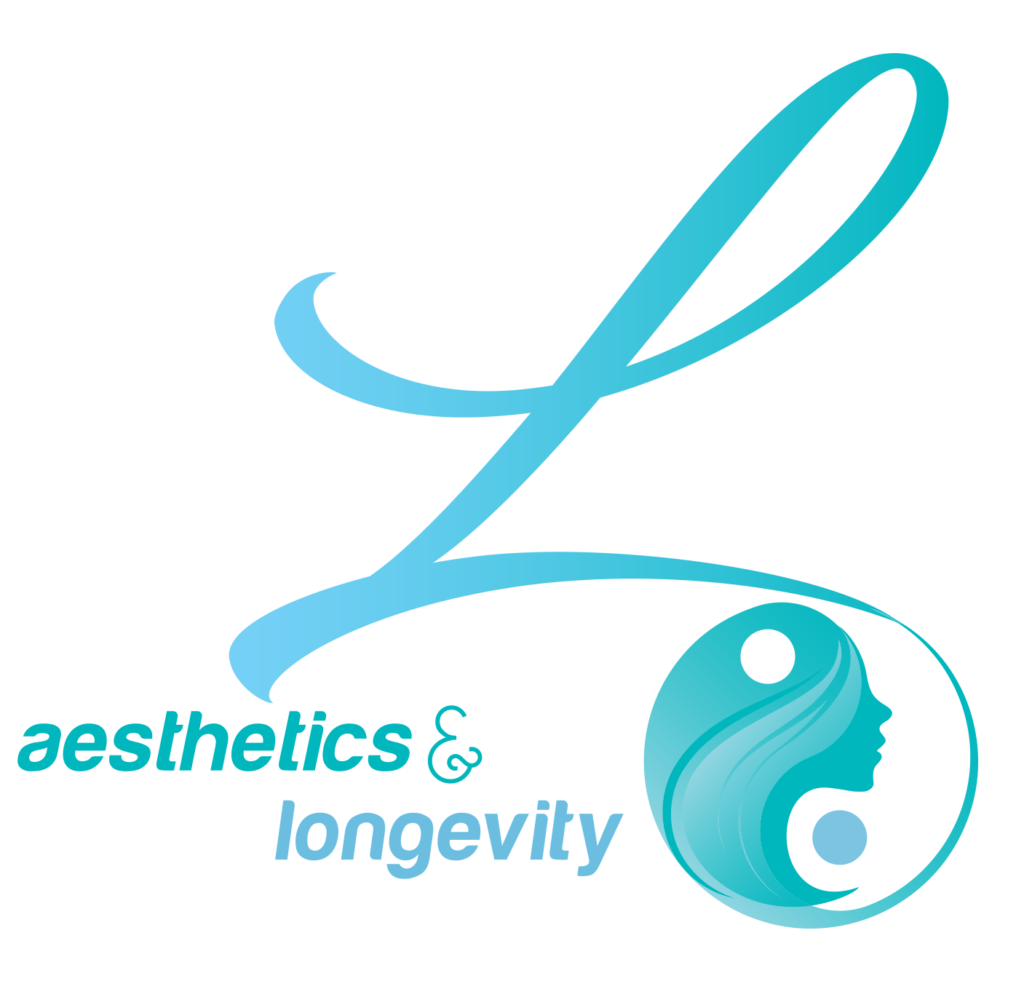It is a water soluble vitamin that is necessary for health and life. Because it is water soluble, it is not stored in the body and we must consume it daily or almost daily in order to have enough for all the metabolic functions that rely on adequate levels. It is also known as cyanocobalamin, methylcobalamin, or hydroxycobalamin.
B12 is necessary in multiple processes in your body including helping to make your DNA.
It is integral to cellular reproduction so it’s needed to make your red blood cells, your skin cells, your hair, and all the other types of cells in your body. I don’t know about you, but I want all my cells reproducing like rabbits so I can have healthy blood, hair, skin, nails, liver, brain… I am going to live to be 100, so my cells need all the help they can get to produce nice healthy, juicy cells to replace all the tired, retired, and dying ones.
B12 is helpful for metabolizing folate, carbohydrates, and fat. Who doesn’t want more fat metabolism?!
The production of adrenal hormones relies on the presence of adequate levels of B12. I had adrenal fatigue once, and I’m here to tell you it is no walk in the park. (Literally, cause you’re too tired…) Let’s give our adrenal glands everything they need to keep on truckin’.
This vitamin is necessary to help form the myelin sheath which coats our nerves and it’s also needed to produce neurotransmitters that help our brains and nerves function appropriately.
B12 helps with our digestion and it is necessary for our heart health. It helps to decrease homocysteine levels which is good because elevated levels of Homocysteine are implicated in heart attacks and strokes. Could you be at risk for a B12 deficiency? Correcting saggy skin, wrinkles, and eye-bags used to require surgery. Face surgery is costly, dangerous, and sometimes ineffective. Thanks to recent technological advancements, however, tightening the saggy spots on your face and other areas can be done with modern lasers above the skin. No more surgeries! In fact, reducing skin laxity is a pretty fast and effective process. Results are almost instant! Well, anyone can be deficient in B12 but there are certain conditions that can increase your risk.
The absorption of B12 decreases with age so the older we get the more chance we have of being deficient.
Stomach acid is necessary for the appropriate conversion on B12 and the absorption of B12 decreases if you take heartburn medications or the diabetic medication called metformin.
If you have had gastric bypass surgery or other type of weight loss surgery you also run the risk of having a deficiency of B12.
 People who drink lots of alcohol also are at risk for a deficiency. You know who you are…
People who drink lots of alcohol also are at risk for a deficiency. You know who you are…
Very low B12 levels can occur in people with gastrointestinal problems such as gastritis, Crohn’s disease, celiac, small intestinal bacterial overgrowth, or parasites.
People with immune system disorders such as Grave’s disease, lupus, Hashimoto’s, and many others are at risk of a B12 deficiency.
If you smoke you have an increased risk because the nicotine slows down your body’s absorption of this vitamin. What are the symptoms of a B12 deficiency you might ask? One of the main symptoms of a B12 deficiency is fatigue. You might feel tired, sluggish, or heavy. Other symptoms include poor memory, anxiety, depression, and dizziness. Shortness of breath can be a symptom of B12 deficiency. If the deficiency is severe enough you may experience a loss of taste and smell and may feel tingling in your hands and feet. Your skin may also look pale or yellowish and your tongue can be smooth and red instead of pink and covered in taste buds. B12 deficiency can affect your vision and cause blurry vision, dark spots in your field of vision, and tired eyes. You can eat foods that are high in B12 such as eggs, poultry, meat such as beef and bison. Organ meats such as liver, kidney, and heart also contain higher levels of B12. Dairy products such as milk, cheese, and yogurt also contain B12.
Vegans and vegetarians can get B12 by eating nutritional yeast, fortified grain products, and algae.
You can also take a B12 supplement as a pill, drops that go under the tongue, intramuscular injections, and IV infusions. For people who are already experiencing symptoms of a B12 deficiency, an IV infusion or an intramuscular injection works more quickly to solve the problem.
Many clinics these days are selling B12 shots that you can purchase and take home for self-injection. There is usually a discount for purchasing multiple doses at once and for saving the clinic time if you don’t need the nurse to inject it for you.
If you suspect you may have a B12 deficiency, try increasing your intake of the foods that contain it, or take a supplement via mouth, IV, or IM. If your symptoms do not resolve, contact your doctor and have a blood test to check your levels.
